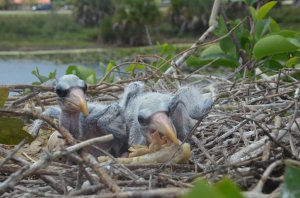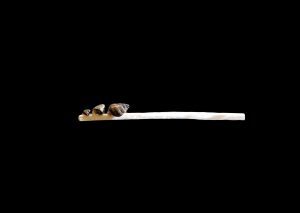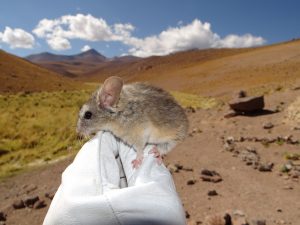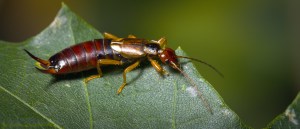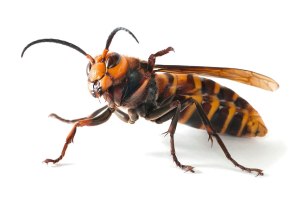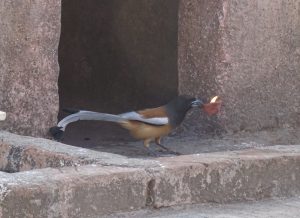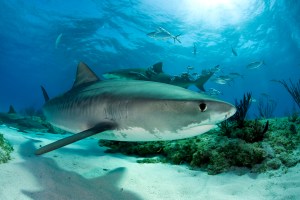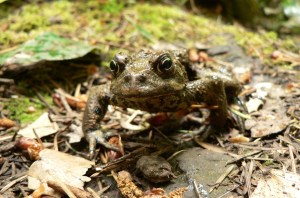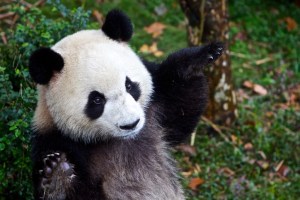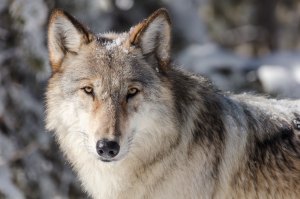Discover stories in Wildlife Science
Dumpster Diving Helps Urban Wood Storks Survive
New research suggests that urban environments can act as a buffer for wetland bird species when natural food sources become unpredictable.
Hawaiʻian Snails: A Tale of Discovery and Rediscovery
A new Hawaiʻian snail species is described for the first time in 60 years.
Discovered: The World’s Highest-Dwelling Mammal
A mammal on a Chilean volcano sets the record for high-altitude living.
Weird and Unbelievable Facts About Earwigs
From caring mothers to strange courtship, earwigs are full of surprises.
A Better Way to Protect Birds From Power Lines
Millions of birds are killed every year in collisions with power lines. Now, scientists have discovered installing suspended, rotating devices known as ''flappers'' is the most effective way to reduce bird deaths.
Murder Hornets? Here Are 5 Other Scary Invasive Insects
Giant hornets aren't the only invasive insect you should worry about.
Birds that Carry Lit Candles & The Importance of Avian Innovation
In a town in western India, temple caretakers fill small cups with clarified butter to fuel lanterns for prayer. Or […]
Tiger Sharks Feast on Songbirds. Yes, Songbirds.
The bird at your feeder might end up in a shark’s stomach. Seriously.
Can Toads Heal Themselves of Deadly Chytrid Fungus?
New evidence suggests some toads bask in sun to heal themselves of chytrid fungus.
Using Science to Select Flagship Species
New research provides science-based way to identify flagship species for effective biodiversity conservation.
Reducing the Speed Limit Won’t Make Roads Safer for Wildlife
Not so fast: reducing speed limits may seem an easy way to reduce wildlife road deaths, but research suggests otherwise.
Do Elk Fear Wolves? Maybe Not
What’s scarier: a wolf or a mountain lion? For prey – and conservation – the answer matters.
